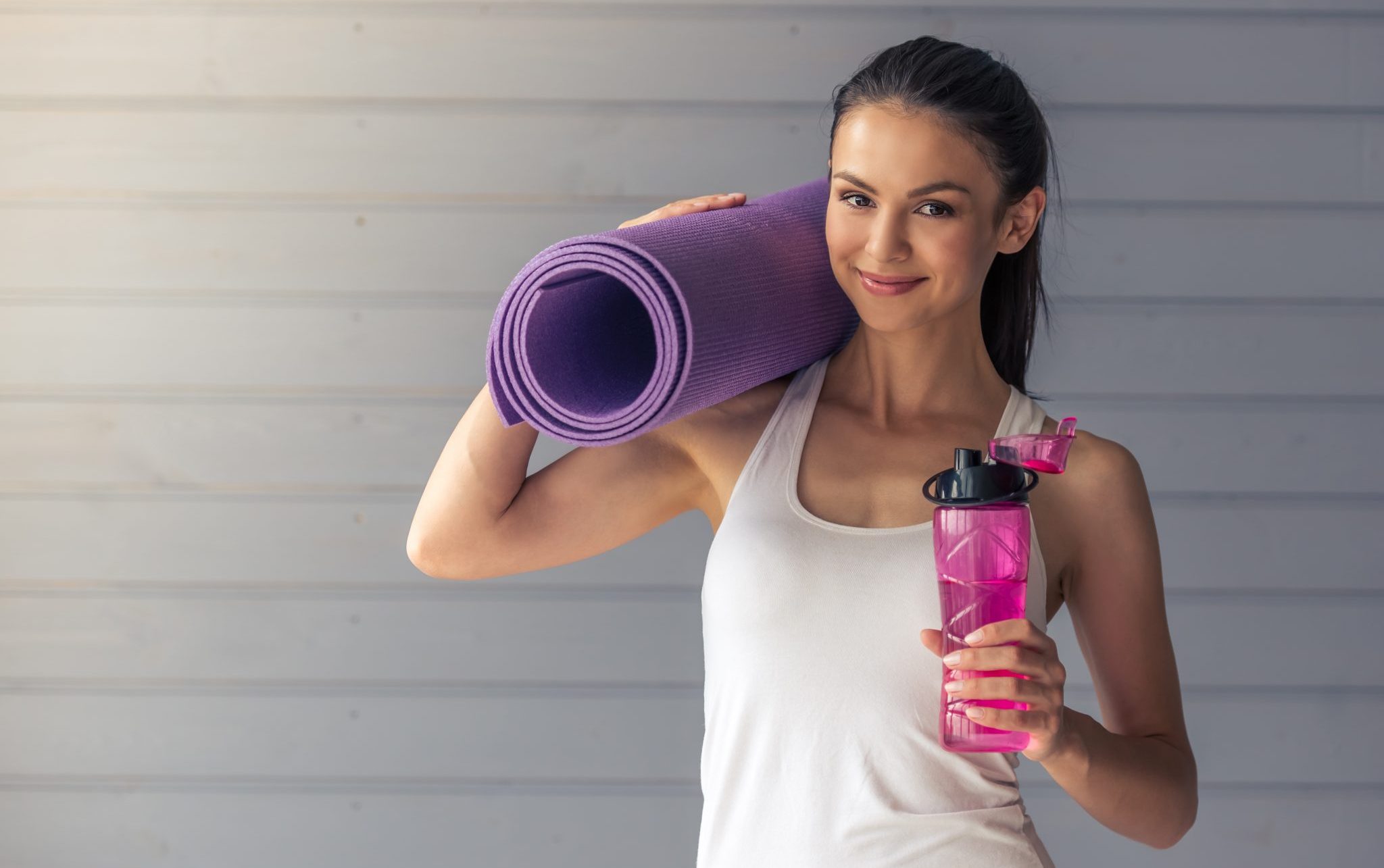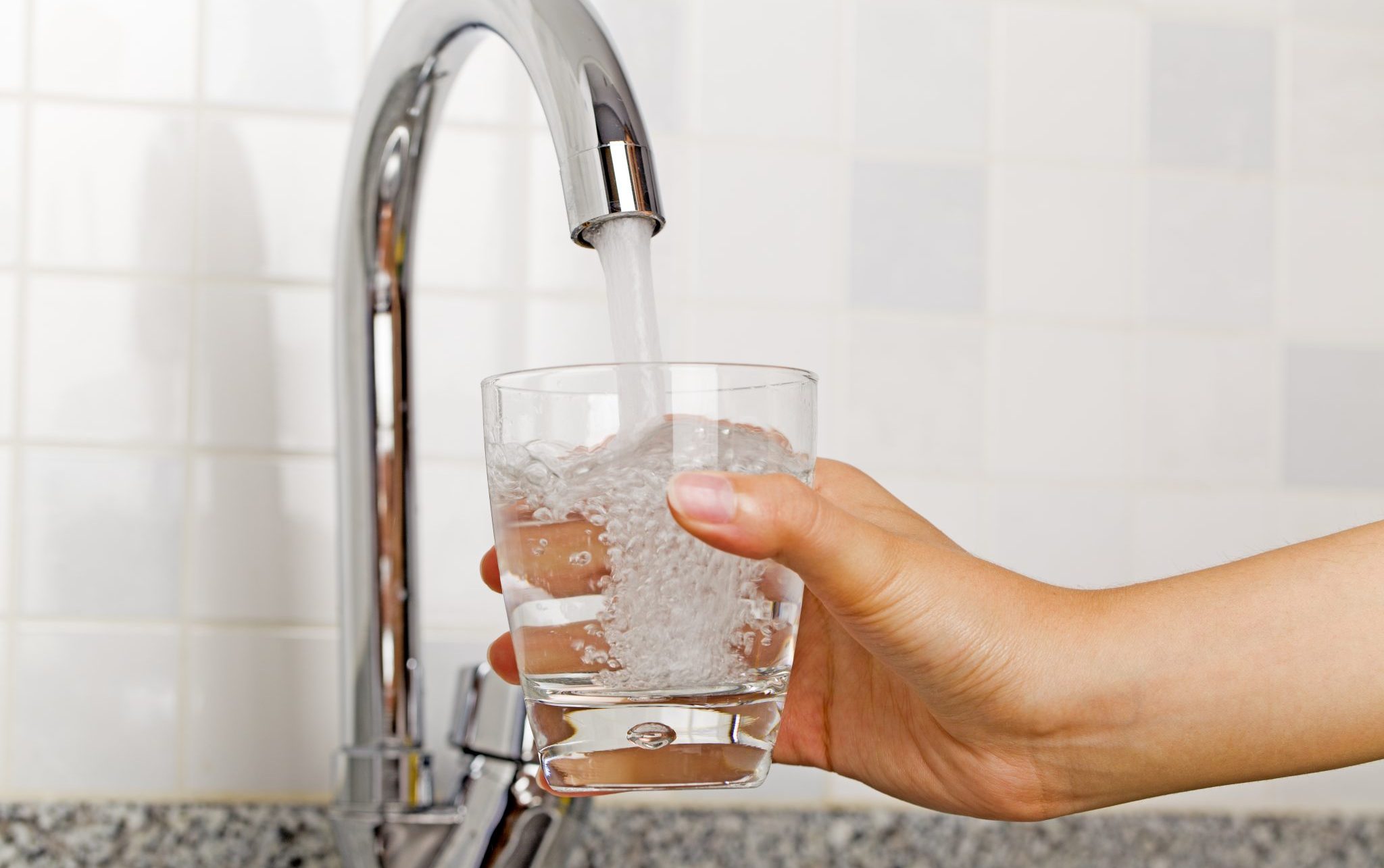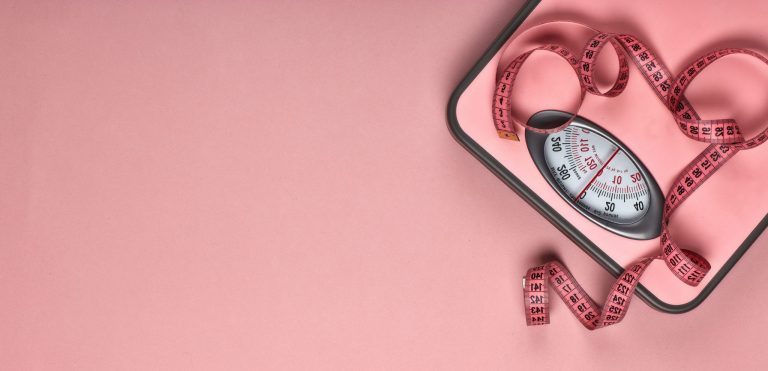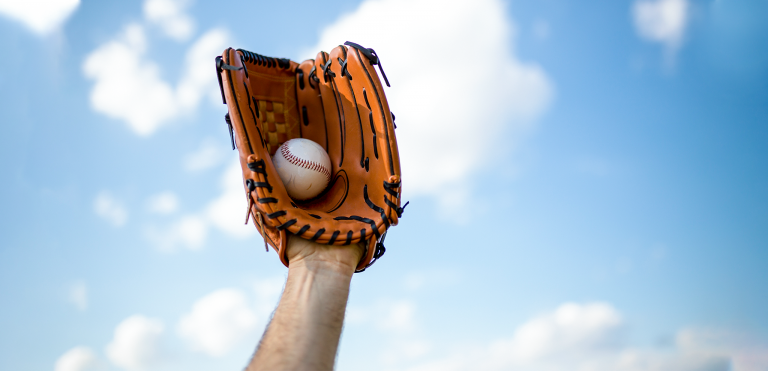Drinking enough liquids is essential but often overlooked in our daily diets. Water is the most important nutrient to have during training. The amount you need depends on your health and the type of environment in which you live. Consuming liquids without added sugar and caffeine before, during and after can help balance your body, so issues do not arise. The recommended water intake for an athlete can be hard to figure out because you will need to include a lot of different factors.
The most critical time to get adequate intake of liquids is before exercise so you can support hydration throughout the physical activity. Players tend to neglect their need for water during physical activity because they are focused on their sport. They should not rely on thirst to be the only sign that it is time to drink fluid because they might already be dehydrated. Taking frequent breaks is a great solution to staying hydrated.
Drinking more than just water
All liquids are not created equal in the hydration game. Professional athletes are often shown advertising sports drinks, but these are not always the best sources for everyone when it comes to rehydrating.
Health authorities stress that water in the purest form is best. Players should consume as much liquid as they lost. Weighing yourself on a scale before and after exercise is an accurate way to know what you have lost in water. Then to replenish the fluids you should drink 16-20 ounces of water per pound dropped.
Some competitors use sports beverages, and they are necessary when involved in more than 1- 2 hours of heavy training or if they are in a hot environment then replenishing sodium is essential. These are the best sources for any sportsperson trying to restore electrolytes.
Do not forget: Food counts
When you are an athlete trying to figure out how much water you should consume in a day you also need to consider the foods you have eaten. Food sources such as fruits and vegetable often have a large amount of water. The best way to find out if you are safely hydrated is to pay attention to your thirst and the color of your urine (colorless or light yellow, you are good to go). Also, a visit to your doctor can help you figure out the proper quantities you need.
How to Avoid Dehydration
The best way to avoid dehydration is to stick to enjoying water frequently throughout the day, so your body can carry out its normal functions. Read these tips and use them as guidelines to get enough fluid:
- Try sticking to the rule of Eight- 8-ounce glasses a day
- Drink calorie-free liquids with meals
- Drink water before, during and after exercise
- Drink water when you are hungry
- Have fluids available all the time
It is dangerous to not have enough fluid to carry out normal bodily functions. The water consumption for an athlete needs to be frequent when exercising and consistent when they are not. Here is a list of symptoms that go with dehydration:
- Headache
- Dizziness
- Dark urine
- Irritably
- Nausea
- Lack of energy
Individuals showing these symptoms need to rest and drink water or sports drinks. If the symptoms do not improve consequently, you will need to see the doctor.
Benefits of water
Our bodies depend on water to regulate body temperature and lubricate our joints. Every vital part of our body needs water to function correctly. Adult women fluctuate between 45-60 percent and men 50 to 65 percent. On the average, 5 percent more than an average adult - this is how much fluid an athlete needs.
The necessary amount of liquids an active person needs is impossible to determine without consulting a doctor. The amount of water an athlete should drink daily varies from day to day. Knowing about your body’s needs for fluid can help you determine the quantity of liquids you need to consume.





